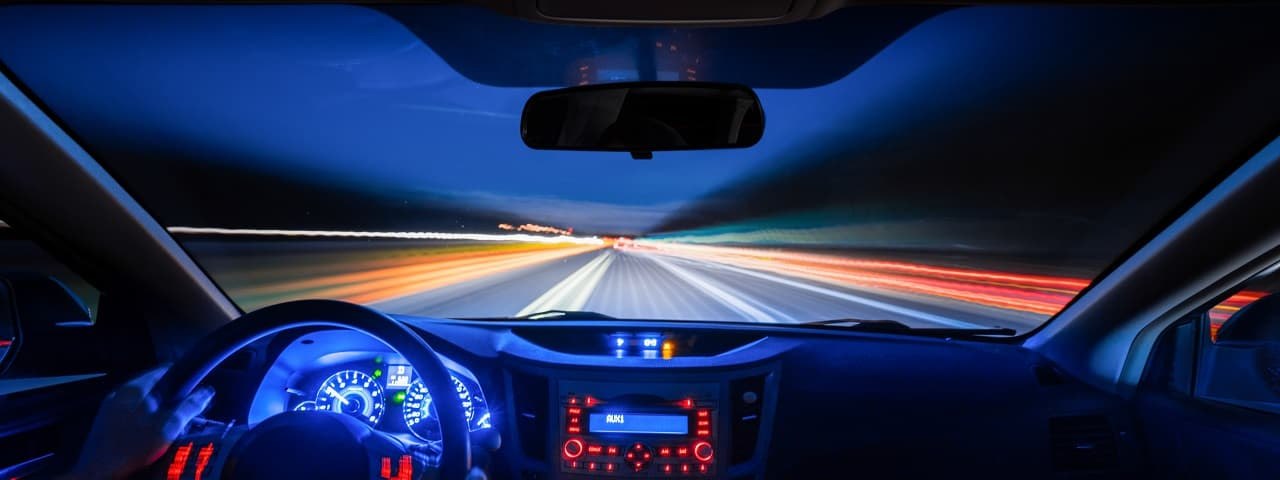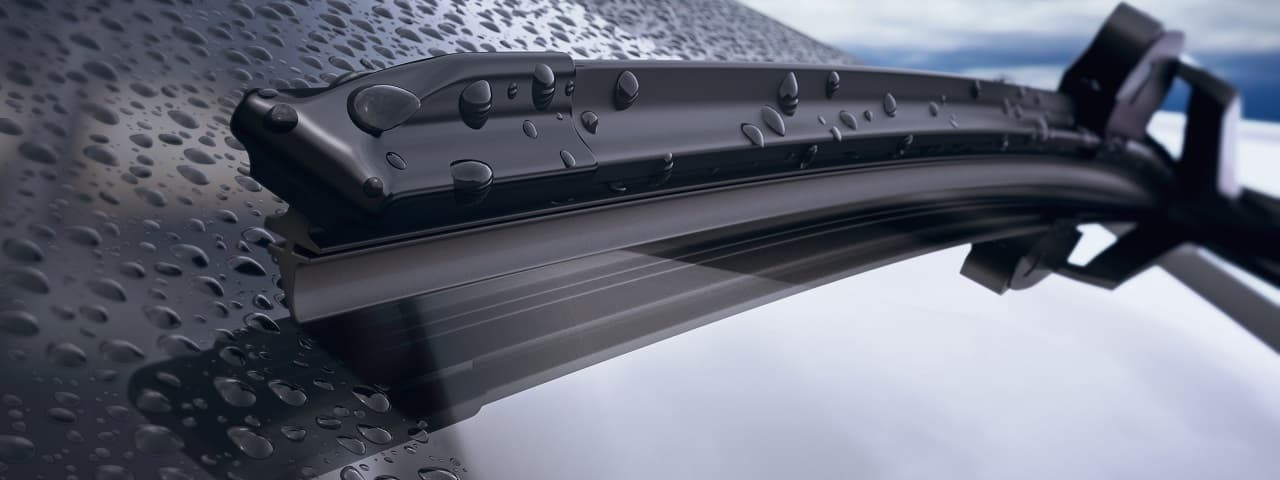
The act of driving at night is a very different experience and is certainly a lot riskier than driving during the day. So, what makes driving at night so risky? Reduced visibility is the major reason behind this; when the skies darken, distant viewing becomes difficult, spotting vulnerable drivers, pedestrians, cyclists, and motorists become equally challenging. Your eyes too, take time to adjust to the varied lightings around. Secondly, our natural alertness tends to lower at night, thereby reducing concentration and ability to react instantly. This then leads to drivers making poor decisions. According to a study conducted earlier, the risk of injury or death is mainly caused due to sleep-related issues in drivers. Their deduced concentration creates a lack of judgment. Now let’s discuss a few tips to help you drive safely at night.
Maintain the Speed Limit
Prepare yourself for the unexpected by driving at a pace that will allow you to spot hazards in time. This can mean going slower than you would usually do, and taking longer to look at junctions. Don’t worry about impatient drivers. Ensure you maintain the road speed limit and stay on the safe lane, to keep yourself safe.
Keep Your Windscreen Clean at All Times
Make sure your windscreen is clean inside out, as a dirty windscreen tends to minimize visibility. Check that your lights are fully functioning before you set off, as driving with any of your lights out is illegal. Remember: brake lights can cause blindness too. If you're queuing in traffic, try not to keep your foot on the brake for long - use the handbrake instead, if you think you're going to be there for a while.

Rest Well
If you have a long journey planned for the following day, ensure you have a good night’s sleep the previous day. Also, make sure to include several breaks during your drive. We recommend taking at least a half an hour break, especially if you have a long way to go. If you happen to have passengers along on your luxury rental car or SUV, it’s best to switch after a certain point as it helps ease the driving.
Familiarize Yourself with The Road
It is better to acquaint yourself with the road beforehand, even if you plan on using a navigator. This is especially crucial when driving at night, as it may be harder to notice road signs, even though your GPS will have a night mode. It keeps you prepared and ensures you are familiar with certain areas or spots that you may have noticed the night before. We stress the importance of driving through unfamiliar roads at night may be overwhelming for some people.
